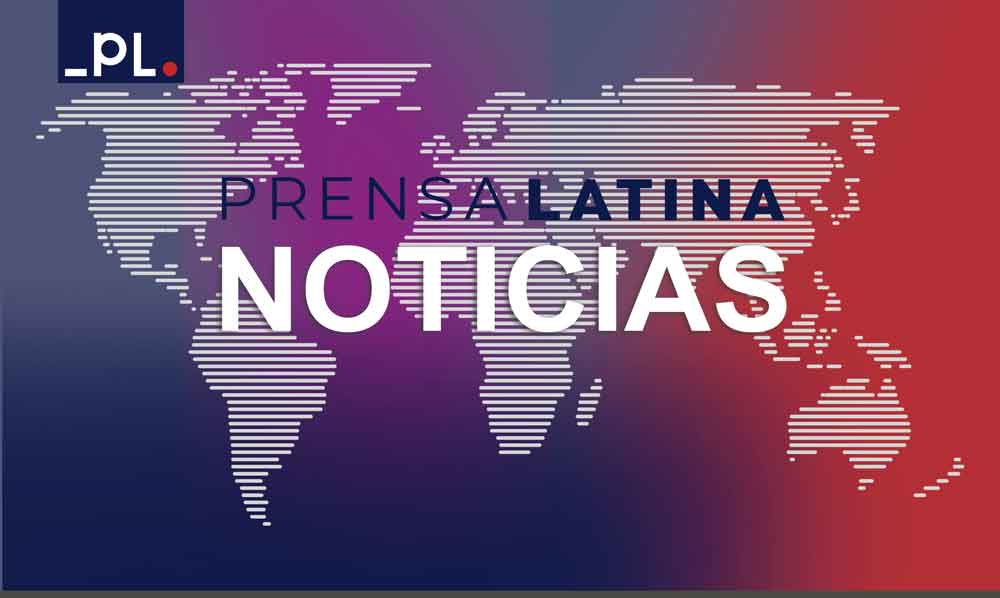The official handover ceremony will take place at the former headquarters of the National Congress in Santiago. Around 300 guests will be present, including ministers, representatives of Parliament and protagonists of the process.
During the event, the President will sign the presidential decree providing for the compulsory referendum on December 17, in which citizens will have to vote to approve or reject the country’s proposed basic law.
The text was prepared by the Constitutional Council, where the extremist Republican Party and the right-wing Chile-Vamos coalition prevailed to push through controversial changes.
This includes those who attack voluntary abortion in cases of rape, danger to the mother’s life or non-viability of the fetus.
The project also rejects collective bargaining, the right to strike and freedom of association and seeks to favor private health institutions that have turned this service into a business.
Another controversial point concerns the granting of benefits to prisoners convicted of crimes against humanity during the Augusto Pinochet regime (1973-1990).
Several organizations called for voting against, including the Frente Amplio, made up of the Democratic Revolution, Municipalities and Social Convergence; as well as the Communist Party (CCP), the Socialist Party, the Party for Democracy (PPD) and the Social Green Regionalist Federation.
This is a text that clearly represents a setback in terms of fundamental rights, said CCP representative Karol Cariola; Meanwhile, Jaime Quintana of the PPD considered that the proposal does not unify society and offers few prospects for new generations.
The conservative parties Republican, National Renewal, Independent Democratic Union and Evópoli spoke out in favor of the initiative; and yellow for Chile.
According to the Cadem survey published in the last few hours, 50 percent of respondents are against the text and 35 percent are in favor.
Ode/Car

